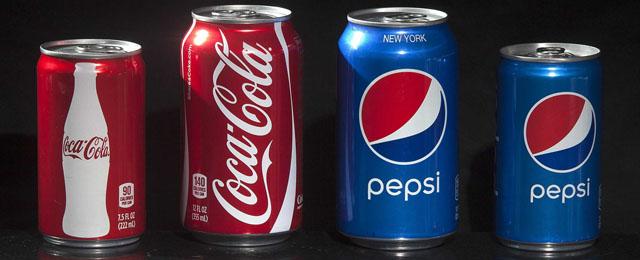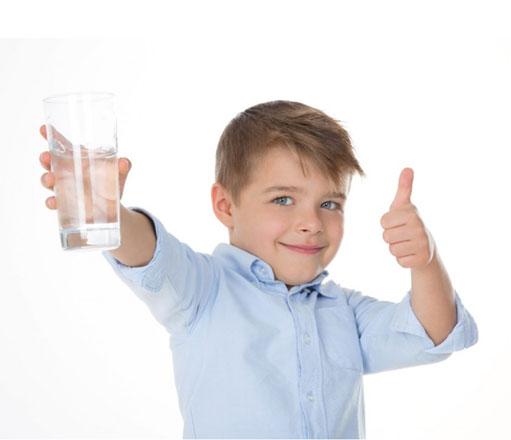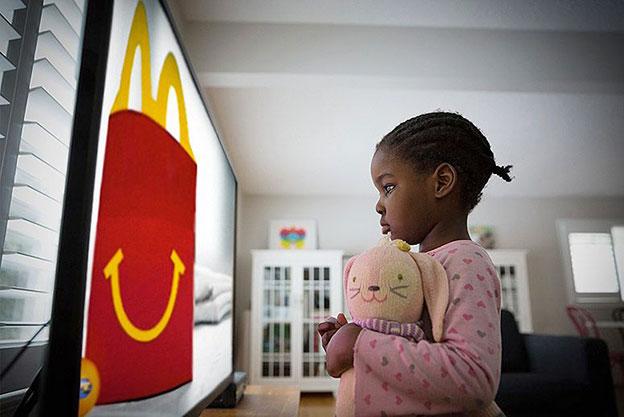You are here
Coke, Pepsi pledge to reduce calorie consumption of beverages
By AP - Sep 24,2014 - Last updated at Sep 24,2014
NEW YORK — Coke, Pepsi and Dr Pepper said Tuesday that they’ll work to reduce the calories consumers get from beverages by 20 per cent over the next decade by more aggressively marketing smaller sizes, bottled water and diet drinks.
The announcement was made at the Clinton Global Initiative and comes as the country’s three biggest soda makers face pressure over the role of sugary drinks in fuelling obesity rates.
In many ways, the commitment follows the way customers’ tastes are already changing: People have been moving away from soda on their own for several years.
In response, Coca-Cola Co. and PepsiCo Inc. have been pushing smaller cans and bottles, which tend to be more profitable and are positioned as a way to control portions. They’ve also rolled out flavoured versions of Dasani and Aquafina, respectively, as demand for bottled water has grown.
John Sicher, publisher of the industry tracker Beverage Digest, said the commitment appears to be a response to the growth challenges the industry has been facing, in part as a result of health concerns. Between 2000 and 2013, the calories people got from drinks fell by about 12 per cent, according to Beverage Digest.
Susan Neely, president of the American Beverage Association, said the commitment announced Tuesday with the Alliance for a Healthier Generation is intended to take such trends “to an ambitious new level”. She said the companies will focus their efforts on communities where there has traditionally been less interest in lower-calorie drinks.
The initiative could be another way to get out in front of campaigns for more aggressive tactics to fight obesity, which the industry has fought. The American Beverage Association has spent millions of dollars campaigning against taxes on sugary drinks, for example. In the San Francisco Bay Area, it is now working to defeat a proposed tax set to go before voters in November.
Instead of such government measures, the beverage association has touted the need for greater awareness about choices and the need to balance calorie intake with physical activity. That will be one component of its new push, with an ad campaign called “Mixify” aimed at teens set to start airing on national TV this week.
The association also noted companies will provide calorie counts on places such as vending machines. A federal regulation is expected to soon require such disclosures, but Neely said beverage makers will go farther by providing some sort of “nudge” for people to make better choices.
The association said it will hire an independent evaluator to track its progress.
It isn’t the first time the industry has partnered with the Alliance for a Healthier Generation. In 2006, the American Beverage Association also announced an agreement with the organisation to remove full-calorie soft drinks from schools. That came after the threat of legal action by the Centre for Science in the Public Interest, said Jeff Cronin, a spokesman for the nutrition advocacy group based in Washington, DC.
Michael Jacobson, executive director of CSPI, said the announcement shows “the industry is seeing the writing on the wall” and that it’s a way for the industry to burnish its reputation.
Related Articles
After watching Americans suck down Big Gulps for decades, Coke and Pepsi are realising less could be more.
One in five US children and young adults do not drink any water at all on a typical day, and a new study suggests they consume almost twice
Three in four food advertisements and half of drink promotions during major US sports programmes peddle high-calorie, sugary products, a new


















